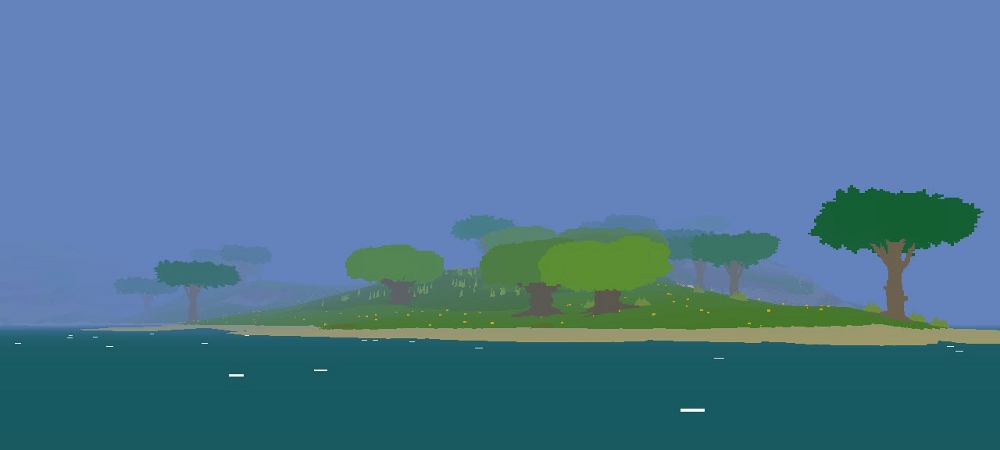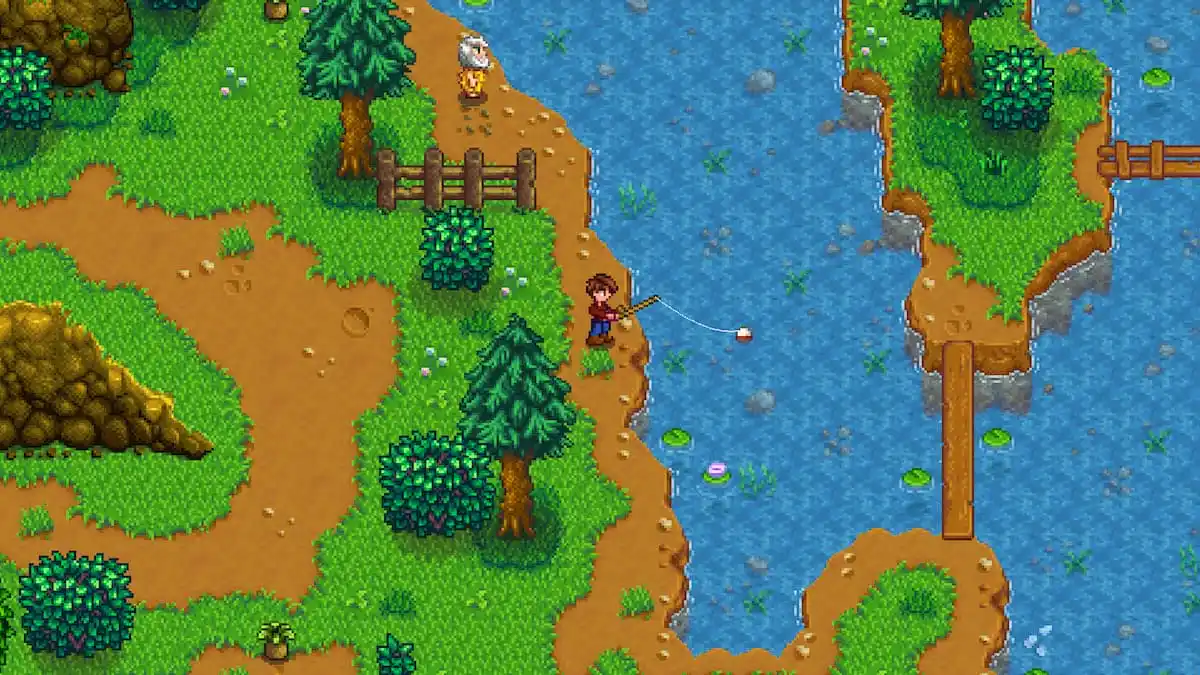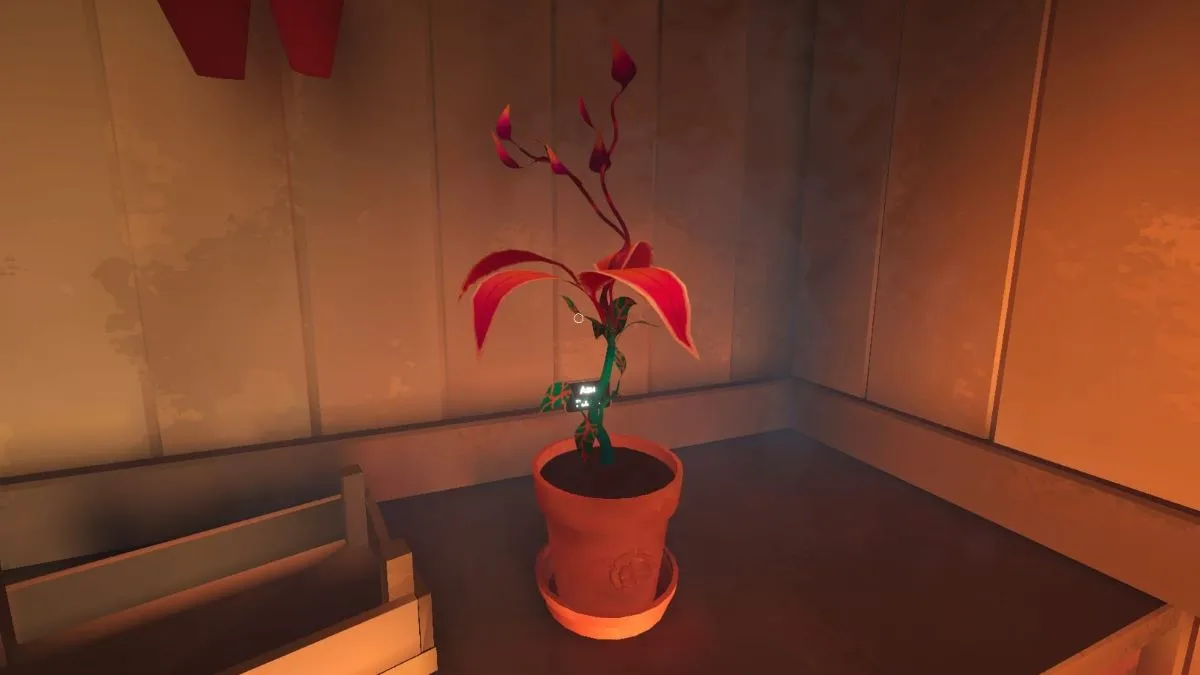But I don’t really think it matters in the first place
A lot of people have been running around attacking games like Proteus or The Walking Dead; claiming that they aren’t, in fact, games. Generally speaking these people spout off random things about requiring “win states” and rules.
It’s an odd thing, but one that seems to be gaining more and more traction with those who are opposed to the swelling undercurrent of “indie” and “arthouse” games. For better or worse, they are locked into one specific definition of what a “game” is, how it should work, etc., and while I don’t really think a global definition is necessary in the first place, their constant whining is something that I feel needs a better response than what I’ve seen floating about thus far.

Trying to define something — especially something whose definition would appear at first to be completely clear and free from dissension — is no easy task. Take time, for example. I don’t think I heard anything that I would consider an acceptable definition of time until I was well into a decent physics course. Even then it seems at least once a week that definition is tweaked and refined.
That sort of constant, steady modification is one of the important elements of this conversation, as it seems patently absurd to me, that anyone would get themselves so wrapped up in one, immutable definition for something that is always in flux. Language, art, communication — these things are always changing and evolving. What we consider classics, in many cases, were once considered pretentious tripe, or the works of the foolish, lecherous, and the uneducated. To say that you know, without a doubt, the absolute final, permanent and unchanging definition of anything is a species of arrogance I can’t even begin to fathom. And if you’re one of those people, you should probably stop reading because you won’t benefit from anything I have to say.
Anti-game activists fall back on the two conditions I listed above: 1) a game must have rules and 2) it must have a “win state.” Both of these qualifications seem odd to me. The first one is basically worthless, in the sense that, anything that you can do would arguably have a set of rules. Life has rules; anything you ever do or interact with is limited by something. That point is so non-specific as to be completely meaningless and applicable to nothing.

The second condition, that games must have some kind of “win state” is a little better, but still leaves many things that most would consider games out of the “real games” party. Is Simon a game? Minecraft? What about Tetris? Or Missile Command? Skyrim? None of these things that I would readily call games have a “win state” that is clear, with three of them being completely unbeatable.
Jane McGonigal, one of the more interesting people working on the more pragmatic side of what I will call “videogame design theory,” has perhaps one of the best, though ultimately imperfect definitions of what a “game” is. She claims that every game, whether it is video, board, or playground, shares four fundamental traits: a goal, rules and limitations, a feedback system, and voluntary participation.
Unlike the hopelessly unclear requirements of only a set of rules and a “win state,” Jane’s set of traits work together to increase their collective specificity. Her rules could also be interpreted as obstructions to the goal of a player. And the requirement for voluntary participation safeguards against simply calling anything anyone ever does a “game.” Indeed, my only real issue with her list is the “goal” part.

I don’t like Proteus. I don’t like Dear Esther. I don’t like Twine games. Still, they are all games. Proteus is, to me at least, about exploration. I was underwhelmed by this exploration, primarily because I think plenty of games accomplish the same goal, the same sense of wonder and the same kind of otherworldly fascination, without needing to be so unnecessarily obtuse.
There is also a very clear feedback mechanism — different bits of the environment react and interact with you and the rest of the world based on your presence. Over time, they steadily guide you to see a few specific things. Whether or not you find those things interesting and whether or not you care about how they change is irrelevant. They do, along with a given rule set, exist. If, for example, you chose to ignore every clue or signal that the game gave you, and simply decided to wander aimlessly until your boredom grew sufficiently large to stop playing — then you might not ever know what any of the core pieces of the game are. Ignorance of all of the disparate elements, however, doesn’t immediately disqualify its status as a game, though.
It isn’t uncommon for me to approach a game with a different mindset than most of my friends. I, allegedly, am a professional game critic and I have a certain set of things that I look for and continuously slot away in a mental filing cabinet while playing.
When that “critic hat” comes off, though, I’m often known to be one of the more … unruly players. In Halo, I’ll often use sticky grenades on teammates that are about to ride off in a vehicle. Sometimes In Capture the Flag modes, I’ve been known to kill people on my team so they can’t score points. In these instances, my goal not only differs from those the designers intended, but they transcend them. I give up trying to win, and create new goals for myself. Surely, McGonigal and others would argue that I am creating my own sub-games within the established rule set.
Instead of Capturing the Flag, my new goal would simply be to fuel my own amusement. Rules? Whatever I think is funny. Feedback? My own laughter. Each of these things would exist and be bound not only by the structure of Halo’s regular multiplayer modes, but my own set of conditions as well.

I do the very same thing in single-player titles when I’m not reviewing them. If I start finding a game boring or frustrating, I co-opt its mechanics to allow me to do … whatever it is I can. I look for things to break, new ways in which I can manipulate different elements of the game so that I can extract whatever entertainment value I can salvage. I’ve already established that these changes are, in themselves, creating new games within something larger. Why then, would my doing the same thing in other titles not count?
If a player begins ignoring everything the developer is trying to tell them, what difference does it make in which digital world that act of creation takes place? If no goal is ever clearly given merely because you never progress far enough to see if you, the player, don’t know the goal, is it still a game?
Everyone has their set of reasons for playing games, and we could be forgiven for trying to project our own expectations onto others. It raises the question though, why anyone else genuinely cares what gets called what. I think that’s the real issue here. That some people feel that their way of life, or their hobby is being threatened. It’s a weird, relatable-yet-irrational sort of paranoia. That seems to be happening a lot lately.




